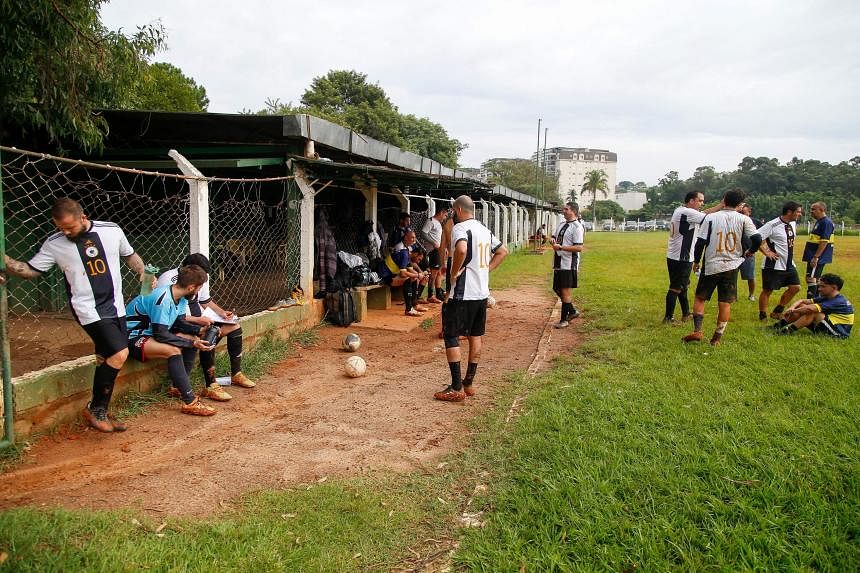SAO PAULO – With its famed “jogo bonito”, iconic stars and record five World Cups, Brazil has long been known as “the land of football”.
But is it still?
The country of Pele, Garrincha and Ronaldinho, which once wowed the world with its “samba” style, has not won the World Cup since 2002, reaching one semi-final on home soil and four quarter-finals since then. Nor has it produced a Ballon d’Or winner since Kaka in 2007.
With the Selecao struggling to book their place at the 2026 World Cup, many in Brazil and beyond wonder why.
“We’re at a low point. We used to have more top-quality athletes,” said the late Pele’s eldest son, Edinho.
Even President Luiz Inacio Lula da Silva has joined the national soul-searching, admitting Brazil “doesn’t play the greatest football in the world any more”.
So what happened?
Disappearing pitches
One answer could be the decline of street football, where some of Brazil’s all-time greats started out.
“Nobody plays in the street any more. You don’t hear stories about that kick that broke somebody’s window,” says amateur footballer Lauro Nascimento, his jersey stained with orange mud after playing on one of the few dirt pitches left on Sao Paulo’s north side.
A 52-year-old finance professional who plays for local side Aurora, he broke several toes playing football barefoot as a boy.
Today, the district of Vila Aurora is covered in concrete sprawl. Two buildings stand on what was once open pasture used as a football pitch.
“Any open space used to be enough for kids to get their start in football. Now, they’re seen as prime development real estate,” says sports historian Aira Bonfim.
Nascimento and his friends pay US$160 (S$217.50) a month to rent the battered scrap of land where they play matches, but that kind of money is a barrier for working-class families.
To access a pitch today, poor kids in Brazil often depend on school, social programmes or a football academy. And just one in five such academies is free, according to a 2021 study.
‘Mechanical’ style
The decline in time spent playing the sport has had a “giant impact on our football”, says researcher Euler Victor.
According to Fifa, clubs paid US$935.3 million in transfer fees for 2,375 Brazilian players in 2023, down nearly 20 per cent from 2018, when the number of players was smaller – 1,753.
Part of the drop in value is because there is a shortage of standout stars, like Neymar in the past.
“Our technique has suffered,” says Victor Hugo da Silva, a coach at Flamengo’s youth academy.
“The playing style changed and that ended up taking away some of our creativity. Our football used to be so joyful. Now it’s become more mechanical.”
The next generation also has “difficulties” with training, a problem da Silva attributes to their sedentary lifestyles and “addiction” to screens.
Brazil, population 217 million, has more cellphones than people. More than one-third of children aged five to 19 are overweight or obese, according to the World Obesity Atlas.
“Before, they just had to worry about playing football,” said Robson Zimerman, a talent scout for Corinthians.
Favela party
For many people, expensive ticket prices are a hindrance for the average fan and the young, aspiring footballers.
“With the absurd salaries they pay the players (by South American standards), clubs have to raise ticket prices, which excludes fans like me,” says Flamengo supporter David Santos.
In 2019, he founded a fan club for Flamengo die-hards like himself from the impoverished favelas.
From atop the hillside slum, they recreate the ambience of the Maracana on match days, decorating an old pitch with flags, grilling barbecue and belting out chants as the match plays on a giant screen.
“The ‘country of football’ thing – we’re losing that,” says one attendee, 38-year-old Vasco fan Pablo Igor.
“Football is what you see here. It’s a game of the people. But street kids like I was don’t have access to it any more.” AFP

